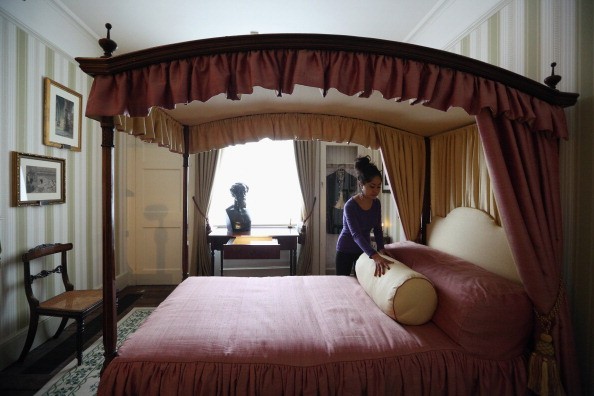
One of the toughest questions that you need to ask the moment you wake up is whether you have to make your bed or not. A new study suggests that you don't-at least for the rest of the day.
Using computer models to monitor how certain changes in the home can affect the growth and spread of dust mites, a team of researchers from Kingston University has found that as simple as leaving the bed unmade can already be a huge help in controlling their population.
House dust mites are notorious triggers of asthma and allergies, especially among children. This is because the dust mites can excrete certain allergens that can cause the reactions when inhaled.
It's believed that at least 1 million of them can live in a person's bed. However, they are so small they cannot be easily seen by the naked eye. When a person sleeps, the bed can get pretty damp due to the sweat while the body flakes off the dead skin cells. These are just two of the things that dust mites need to thrive. Upon waking up and the bed is made, the moisture and the flaked-off skin are placed underneath, where mites can consume them. Meanwhile, by leaving the bed unmade, it creates a dry condition that dust mites hate.
How long should you leave your bed unmade? They suggest that to ensure the death of as many dust mites as possible, it's best to leave the bed the way it is for the rest of the day.
In the succeeding phase of their research, the team is planning to place a group of dust mites in 36 homes around the UK to confirm the results of their computer model. This is also to determine how regular home routines can impact their growing population.
In the long term, the information from this research will help builders and designers create healthier homes and assist the government in controlling health care costs associated with dust mite infestation, which is already £700 million.



